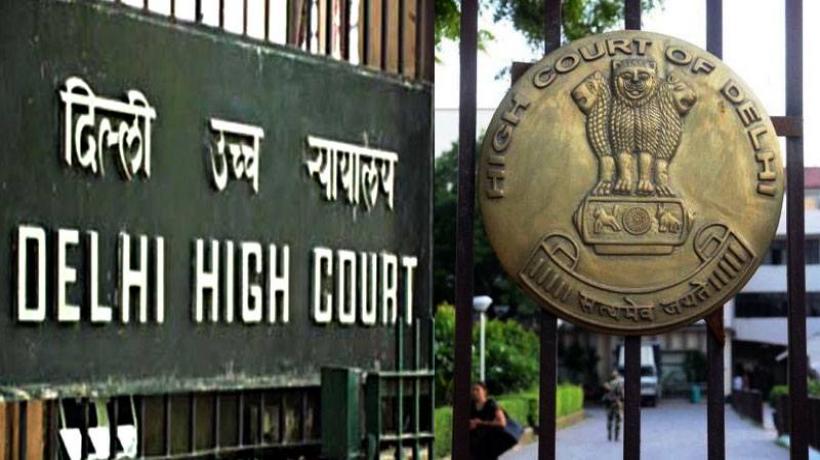A recent survey by the Indian Medical Association (IMA) has brought to light a concerning issue—one-third of doctors in India, with a majority being women, feel “unsafe” or “very unsafe” during their night shifts. The sense of insecurity is so intense that some doctors have felt the need to start carrying weapons for self-defence.
Lack of Basic Amenities and Safety
The survey, which included responses from 3,885 doctors, revealed that a duty room was not available to 45 percent of respondents during their night shifts. This lack of basic amenities adds to the anxiety and insecurity that many doctors, especially women, experience while working late hours.
This study, conducted online by the IMA, aims to evaluate the safety concerns faced by doctors during night shifts. The survey was initiated in response to the recent tragic incident of a trainee woman doctor who was raped and murdered at the state-run RG Kar Medical College and Hospital in Kolkata.
Largest Study on Doctors’ Safety in India
The IMA claims that this survey is the largest of its kind in India, focusing on doctors’ safety during night shifts. The findings, compiled by Dr. Rajeev Jayadevan, Chairman of the Research Cell at Kerala State IMA, and his team, are set to be published in the October 2024 issue of the Kerala Medical Journal.
Key Findings from the Survey
The survey respondents came from over 22 states, with 85 percent of them being under 35 years of age. Notably, 61 percent were interns or postgraduate trainees, and women constituted 63 percent of the respondents, reflecting the gender ratio in some MBBS courses.
A Disturbing Sense of Insecurity
“Several doctors reported feeling unsafe (24.1 percent) or very unsafe (11.4 percent), totaling one-third of the respondents. The proportion of those feeling unsafe was higher among women,” the survey findings showed. Doctors aged between 20-30 years, who largely consist of interns and postgraduates, had the lowest sense of safety.
The survey also highlighted that a duty room was not available to 45 percent of respondents during night shifts. Those who had access to a duty room reported feeling safer. However, the survey found that many duty rooms were inadequate due to overcrowding, lack of privacy, and missing locks, forcing doctors to find alternative rest areas. Additionally, one-third of available duty rooms did not have an attached bathroom.
Inadequate Duty Rooms and Safety Measures
“In more than half the instances (53 percent), the duty room was located far from the ward/casualty area,” the findings stated. “Nearly one-third of the available duty rooms did not have an attached bathroom, which means that the doctors needed to step outside during late hours to access these facilities.”
Recommendations for Improved Safety
The survey also gathered suggestions from doctors on how to enhance safety during night shifts. These included increasing the number of trained security personnel, installing CCTV cameras, ensuring proper lighting, implementing the Central Protection Act (CPA), restricting the number of bystanders, installing alarm systems, and providing basic amenities such as secure duty rooms with locks.
Urgent Need for Security Enhancements
“The online survey was sent to doctors, both government and private, across India through a Google form. There were 3,885 responses within 24 hours,” said Dr. Jayadevan. The survey findings underscore the urgent need to improve security in healthcare settings, particularly during night shifts.
Doctors across the country, especially women, report feeling unsafe during night shifts. The study highlights the substantial scope for improving security personnel and equipment in healthcare facilities. Modifications to infrastructure are essential to ensure safe, clean, and accessible duty rooms, bathrooms, food, and drinking water.
Addressing Security Shortcomings
The survey also pointed out several additional factors that contribute to doctors’ sense of insecurity. These include the lack of sufficient numbers of trained security personnel, inadequate lighting in corridors, the absence of CCTV cameras, and the unrestricted entry of unauthorized individuals into patient care areas.
Some doctors even indicated the need to carry weapons for self-defense. One doctor admitted that she always carried a foldable knife and pepper spray in her handbag because the duty room was located at the far end of a dark and deserted corridor.
Physical and Verbal Threats
Doctors working in casualty departments reported verbal and physical threats from individuals who were either drunk or under the influence of drugs. Another doctor reported experiencing inappropriate contact in a crowded emergency room. The situation is even worse in smaller hospitals, where there is limited staff and no security.
Lack of Support from Administrators
Many doctors expressed frustration over the lack of support from hospital administrators when they raised security concerns. A common excuse given by administrators was that senior doctors had also endured similar working conditions, implying that the current situation was acceptable.
The Need for a Central Protection Law
Violence is predominantly experienced by junior doctors, who are on the frontline and are particularly vulnerable. However, these doctors have limited involvement in administration or policy-making. Senior faculty members bear the responsibility of implementing policies to improve patient care delivery and enhance security measures, thereby creating a safer work environment for junior doctors.
Doctors across the country are calling for a Central Protection Law to prohibit violence in all healthcare settings and enforce airport-like security measures. Such a law would standardize security arrangements across the healthcare sector, ultimately benefiting both patients and doctors.
Government Response and Supreme Court Intervention
“The survey findings have significant implications for broad policy changes, some of which have already been addressed by the Government of India in response to the Kolkata incident,” the IMA said. The Supreme Court of India took suo motu cognizance of the issue, assuring doctors and medical professionals that their concerns are receiving the highest attention from the court, with input from a diverse range of experts.
The IMA’s survey has shed light on the urgent need for improved safety measures for doctors during night shifts. The findings highlight the significant risks that doctors, especially women, face while working late hours. There is a pressing need for the implementation of comprehensive security measures in healthcare settings across the country to ensure that doctors can perform their duties without fear for their safety.











